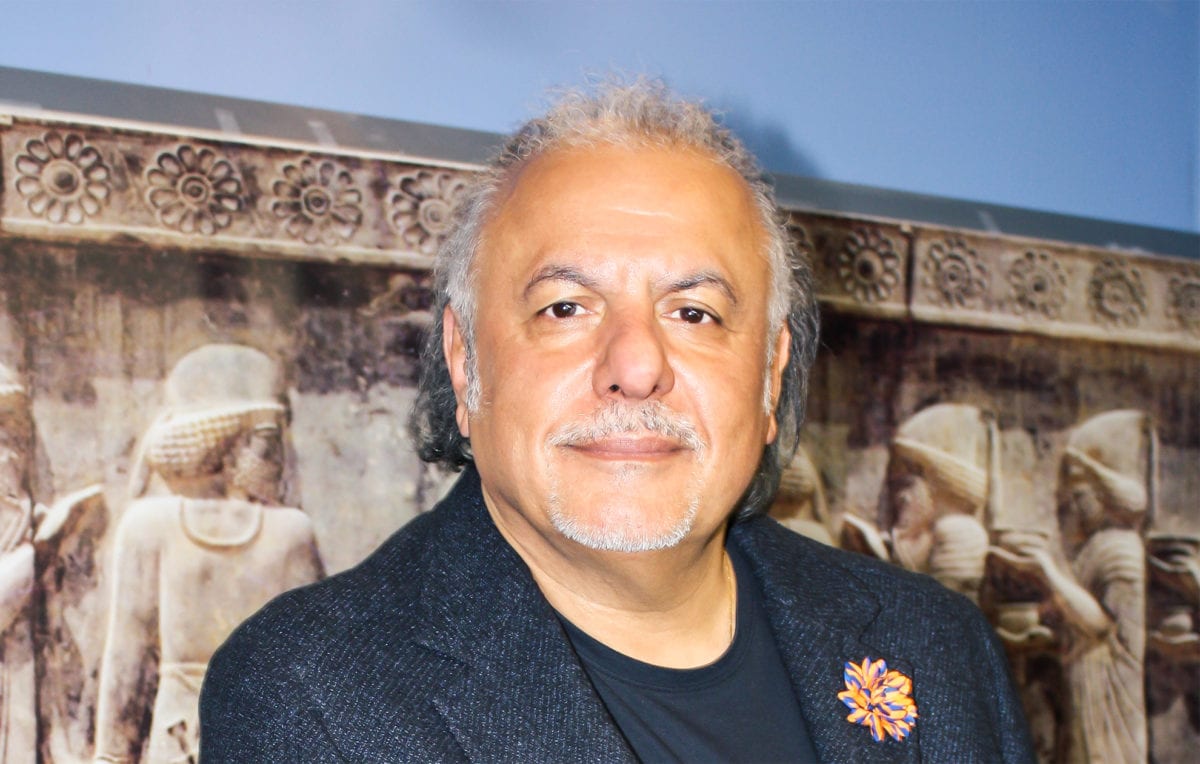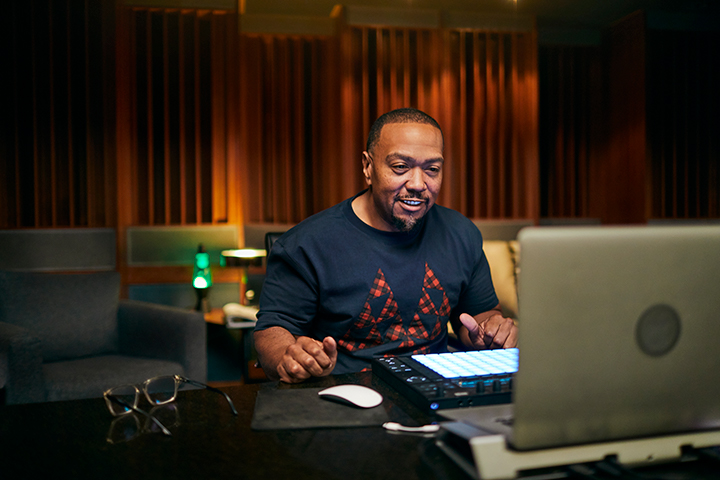Twenty years of coaching senior executives motivated Sandra Oliver to launch the boutique coaching firm Impact-Coaches in 2003. Sandra holds a BA in Organizational Behaviour (University of Western Ontario), a Master of Industrial Relations and Human Resources (University of Toronto), and an MBA (Ivey School of Business). She worked for 17 years in corporate HR leadership roles across North America and also conducts webinars for CPA Source on career development. She was featured in the Winners’ Circle of a previous issue of The Edge, and this is an excerpt from that interview.
In what way is Impact different from other coaching companies?
Impact is different in a lot of ways. There are not many coaching companies who are just coaching companies. They are either individual practitioners who don’t have the capacity to work on large-scale projects or the ability to develop technical expertise like we do. There are consulting businesses that offer to coach as a service, among others. At Impact, we dedicate ourselves to coaching; everything we do revolves around it. We also place a lot of emphasis on finding businesspeople who are also coaches. We differentiate ourselves and our coaching by having coaches who understand our clients’ business, who have been there and who can place themselves in the shoes of our clients
Coaching as a profession has grown exponentially in the past 20 to 30 years. Why do you think this is and how does a coach’s job differ from that of a therapist?
Coaches are very focused on helping you move forward as opposed to how you got where you are and any psychological implications. Coaches don’t spend a lot of time on the past or unpacking deep-rooted emotional issues. Coaches are not qualified therapists and should not be doing counselling or therapy. Through the relationships we develop with clients, we may recognize instances when therapy could be helpful and always recommend that option if that’s the case. What we do is more like sports coaching – helping people take their performance to the next level or helping them work on areas that are holding them back from being their best professional selves.
What do you think people should look for in a coach? How can a person tell if the coach fits their needs?
Industry experience and professional coaching training are two things people should always look for. Also, having a strong track record as a coach is important. I recommend that people looking for a coach do reference checks and look for coaches with a vibrant book of business. There are too many instances of coaches who work on clients for far too long simply because they don’t have many other clients. Coaching should not take years. Finding someone with a broad book of business tells you that the coach has experience with several different clients and can move people to action in a reasonable amount of time. Finally, you want to feel that your coach has your best interests at heart. Go with your gut – coaching isn’t always comfortable, but you should feel that your coach is invested in you and wants to see you succeed.
Your background in HR is very strong and you’ve held high positions with high-profile companies. What made you open a coaching business and leave behind a lucrative HR position?
Like any job, there were aspects of HR that I loved and others that I didn’t like at all. At the time I left, HR was becoming quite process-oriented and focused on compliance, and that wasn’t something I found rewarding. It was also a pivotal time for me because I just had my second child and hired a coach for myself. My husband encouraged me to take a risk, so I decided to try it. I have never looked back. I often think, “I should have done this sooner.”
What were the roadblocks when you made the leap from a good job to opening your own business?
My family was very supportive, and I had great mentors. So, I was quite lucky not to have any serious roadblocks. The great thing about a coaching business is that it really doesn’t require a lot of capital. The main struggle I had was in my own self-confidence and thinking, “I don’t even know what I’m doing here.” [So] I just started slowly and recognized that I loved helping people – I found my true passion and special skill. But at each pivotal stage in the development of the business I get butterflies all over again, like, “can we really do this?” For example, after I had my first major corporate client, I had to then get my second. After establishing ourselves nationally we had to break into the US. After getting a solid base of individual clients, we took another step to offer fully coordinated coaching programs. There’s always going to be another step and it may be daunting, but you just have to go for it.
Maureen Simpson | Contributing Editor















